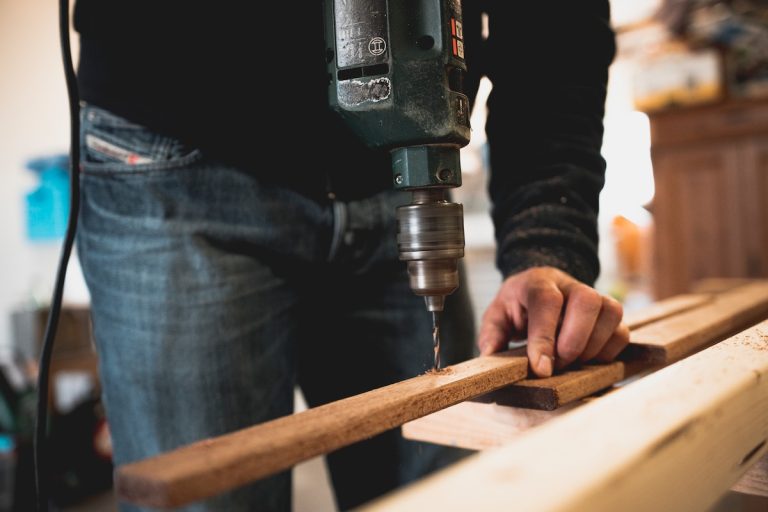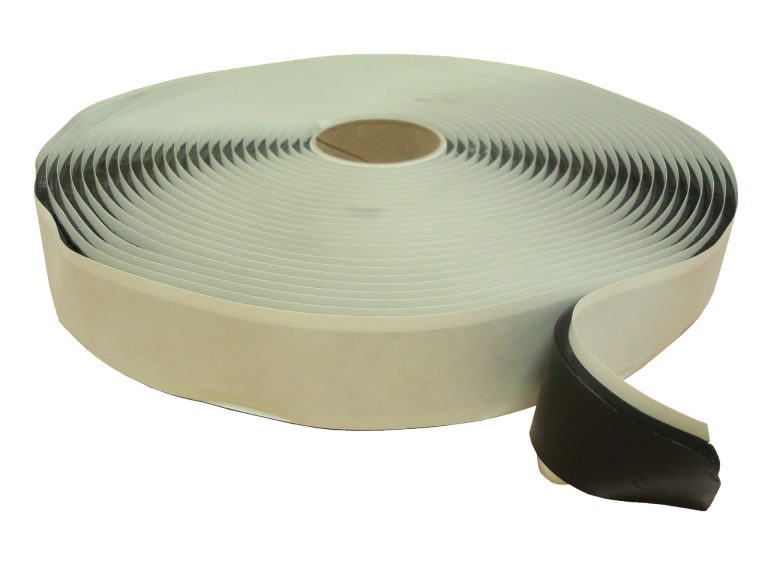Building Materials And Cost Price In Nigeria (2023)
What is the cost price of building materials used for houses in Nigeria? That would depend on many factors.
This article list the best of sustainable building materials popular in the construction industry.
They can be natural or manufactured, and their properties vary depending on the intended use.
Natural building materials are those that you get from nature and do not require any additional processing, such as wood, stone, sand, clay, and bamboo.
We often prefer these materials for their durability, thermal insulation properties, and environmental sustainability.
Manufactured building materials are those that are produced through industrial processes, such as cement, bricks, steel, and glass.
We often choose these materials for their strength, fire resistance, and versatility.
So, what is the cost of building materials in Nigeria?
The cost price of building materials in Nigeria depends on the design, functionality, seller and the desired aesthetic.
Cost Price Of Building Materials Used For Houses In Nigeria
1. Bamboo
Bamboo tops the list of sustainable building materials with a cost price of N900 per one. This price depends on the quantity and retailer you are buying from.
It is a type of grass that grows rapidly, making it a renewable resource that is readily available in many parts of the world.
Here are some of the common uses of bamboo as a building material:
- Flooring: Bamboo flooring is an eco-friendly and durable alternative to traditional hardwood floors. It is available in various colors and styles and is easy to install.
- Walls and Ceilings: We can use Bamboo panels for interior walls and ceilings, adding a natural and sustainable look to any space. We can also use it as a cladding material for exterior walls, providing both beauty and durability.
- Roofing: We can use Bamboo as a roofing material for both residential and commercial buildings. It is lightweight, flexible, and strong, making it ideal for areas prone to earthquakes and other natural disasters.
The cost price of Bamboo building materials in Nigeria is N900 per length.
Check Here For Current Price Here
2. Bricks And Concrete Blocks
Bricks and concrete blocks are both popular materials used in building houses.
These materials have their own unique characteristics that make them useful for different constructions.
Bricks come in a variety of colors and textures, unique designs and patterns.
They have durability and resistance to weathering, and are used in walls and other load-bearing structures.
Concrete blocks, also known as cinder blocks, consist of cement, sand, and gravel.
They are larger and more uniform than bricks, making them easier to use for large-scale construction projects.
We can also reinforce concrete blocks with steel rods to provide additional strength and support.
One advantage of using bricks and concrete blocks as building materials for houses is their fire resistance.
Both materials are non-combustible and can help prevent the spread of fire in buildings.
They are also resistant to moisture and insect damage, which can help prolong the life of a building.
The cost price of block building materials in Nigeria is N350.
3. Cement
Cement is a vital building material used in construction for its binding properties.
It is a fine powder made from a mixture of limestone, clay, and other minerals that are heated at high temperatures to form a hard substance.
When mixed with water, it forms a paste that hardens over time, binding other materials together.
Building professionals in Nigeria use cement in a variety of construction applications, including concrete, masonry, and plastering.
Concrete, which is made by mixing cement, sand, gravel, and water, is one of the most commonly used building materials in the world.
The cost price of cement building materials in Nigeria is N5000.
Check Here For Current Price Here
4. Granite And Stones
For centuries, we have used granite and stones as building materials for houses because of their durability, strength, and natural beauty.
Here are some of the common uses of granite and stones in construction:
Flooring: Granite and stone flooring are popular options because they are durable, easy to clean, and can withstand heavy foot traffic.
Walls: Granite and stones create decorative or load-bearing walls. We often use them in interior walls and accent walls to add texture and visual interest.
The cost price of stones and granites building materials in Nigeria is N60,000
Check Here For Current Price Here
5. Sharp Sand And Plaster Sand
Sharp sand, also known as grit sand, is coarse sand with larger particles than plaster sand.
They commonly used it as a base layer for laying paving stones or as a bedding layer for concrete.
We also used it for making concrete and mortar, as it provides strength to the final product.
Plaster sand, also known as soft sand, is a fine-grained sand with smaller particles than sharp sand.
We use it for making plaster, stucco, and other types of decorative finishes.
We also used plaster sand for rendering walls, as it provides a smooth finish to the surface.
The cost price of sands building materials in Nigeria is N30,000
Read Also: Types of Sealant Tapes And Price In Nigeria
6. Metal Beams And Iron Reinforcement
They commonly used metal beams and iron reinforcement as building materials in construction because of their strength, durability, and versatility.
We often use them in combination with concrete to create reinforced concrete structures, which can withstand heavy loads and provide stability to buildings.
Metal beams, also known as steel beams, originate from structural steel, which is a strong alloy of iron and carbon.
They are available in a variety of sizes and shapes, such as I-beams, H-beams, and C-channels, and you can fabricate them to meet the specific needs of a building design.
We use metal beams as load-bearing elements to support the weight of floors, walls, and roofs, and also to create large open spaces.
Iron reinforcement, also known as rebar, originates from ribbed steel bars that are placed in a grid pattern within concrete structures.
The rebar is used to reinforce the concrete and provide additional strength and stability to the structure.
By adding iron reinforcement to concrete, the resulting reinforced concrete structure withstands tension and compression forces more effectively.
7. Structural Panels
Structural panels are building materials for houses made of wood oriented in different directions and glued or bonded together by sealant tapes.
These panels provide strength, stability, and rigidity to a building structure, and we use them for a variety of construction applications.
One common use of structural panels is in the construction of walls and roofs.
In these applications, we typically install the panels over a frame of studs or rafters to provide additional strength and stiffness to the structure.
8. Roofing, Ceiling And Gutters
Roofing, ceilings, and gutters are important building materials used to protect houses’ interiors from external elements, like rain, sun, and wind.
They are the material used to cover the top of a building or structure to protect it from rain, snow, and others.
Ceilings are the upper interior surface of a building that covers the underside of the roof structure.
They can provide insulation, soundproofing, and fire resistance, and can also contribute to the overall aesthetic of a building.
Gutters are channels or troughs attached to the roof edges to collect and redirect rainwater away from the building’s foundation.
Gutters prevent water from seeping into the building, which can cause damage to the foundation, walls, and ceilings
The cost price of these building materials in Nigeria depends on the design, functionality, and the desired aesthetic.
9. Floorings
Flooring is a building material that covers the floor surface of a building or structure. It serves both functional and aesthetic purposes.
Flooring provides a protective surface for the building’s foundation and sub-flooring.
It helps to prevent moisture, dust, and dirt from penetrating the building and causing damage.
Flooring provides a comfortable and safe surface for people to walk on. It can help reduce fatigue and provide cushioning against impact.
10. Mouldings (Coving) And MillWork
Moulding and millwork are decorative building materials for houses used to enhance their aesthetic appeal.
We can use moulding to create different architectural styles, such as colonial, Victorian, or contemporary.
It hides imperfections or to create visual interest in a room.
Millwork is a term used to describe decorative building materials made from wood, such as trim, crown molding, paneling, and wainscoting.
Millwork is often custom made to fit a specific building or room to create a unique architectural style. It adds depth, texture, and character to a room.
11. Interlocking Stones
Interlocking stones and kerbs are a popular building material used in various construction projects such as roads, sidewalks, driveways, patios, and more.
They interlock with one another, creating a stable surface that withstand heavy traffic, erosion, and other environmental factors.
They commonly used interlocking stones as a paving material for driveways, walkways, and patios.
We use kerbs as a border along the edges of roads and sidewalks to prevent vehicles and pedestrians from crossing onto the grass or other areas.
Kerbs also provide a visual boundary and can create different levels or tiers in landscaping.
FAQs On Cost Price Of Building Materials In Nigeria
Stones, sands, cement, blocks, irons, and more all materials needed to build.
This depends on the location, quality, quantity and designs. Check here for the current price.
Many factors like location, economy could have been the reason. Now is the best time to start building.
Not anytime soon. So, it is best you buy now to start building.
Here is a step-by-step guide on how to sell building materials online in Nigeria.
Every building material can be sustainable if they are produced following the standard requirement and procedures. Ensure you always go for the best.
Conclusion On Building Materials For Houses
The choice of building materials for houses depends on several factors, including the budget, availability, environmental impact, and aesthetic preferences.
For instance, wood is a popular choice for residential construction because of its aesthetic appeal, while we often use concrete for commercial and industrial buildings because of its strength and durability.





